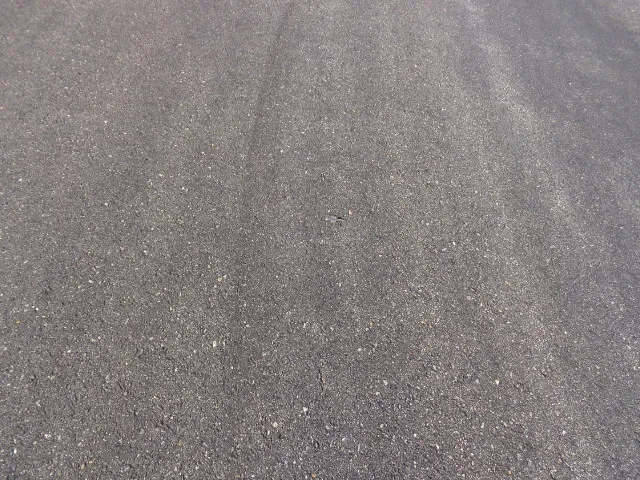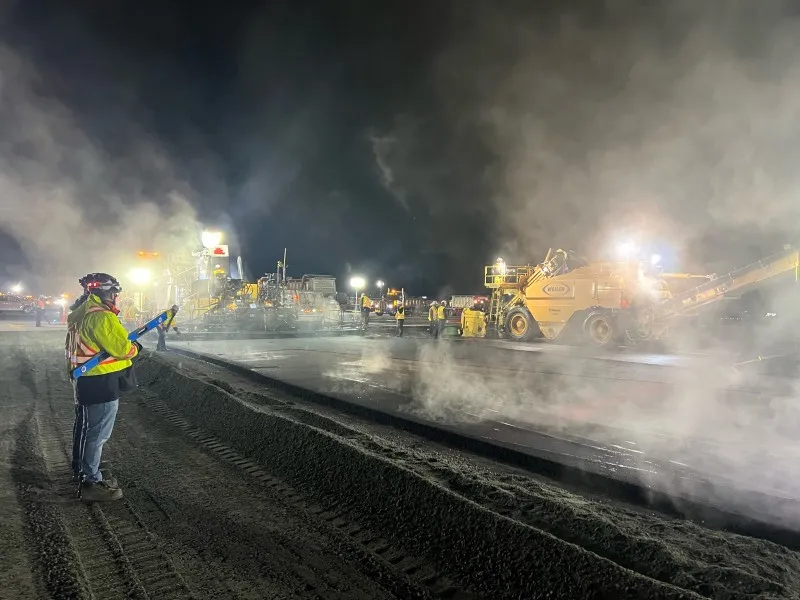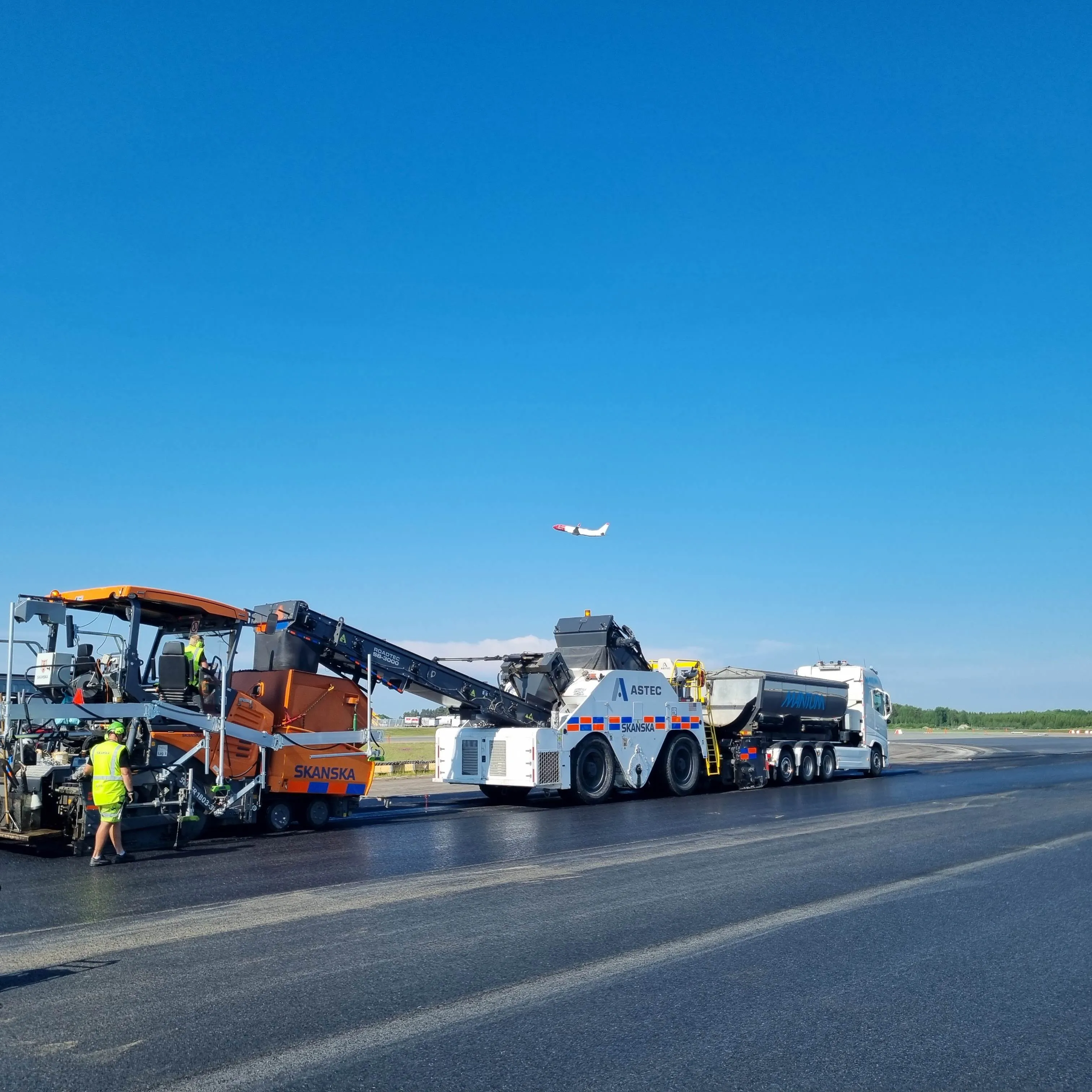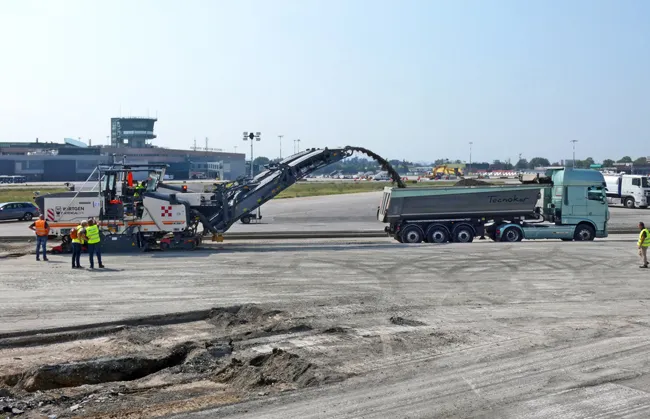
Other airport runway examples of ongoing and effective pavement preservation include Blanding Municipal Airport (BDG) in Utah, which has had four treatments of GSB-88 over the past 26 years. The runway pavement at Central Colorado Regional Airport (AEJ) in Buena Vista is 22 years old, and has had three treatments of GSB-88. PCI data on this airfield from the CoDOT Division of Aeronautics website shows that the pavement has remained in good condition.
Navy Facilities Command (NAVFAC) pavement specialists have performed a long-term evaluation of 1 million m2 of GSB applications on widely varying military airfield pavements and climates. In addition, the MicroPAVER data for 883 treated municipal airfield pavements across multiple climatic zones was critically evaluated. In both cases, the results of the evaluation were positive and demonstrated significant life extension. An effective pavement preservation material, GSB-88 can also help rebinding ravelling pavements, which can mitigate asphalt-based foreign object debris (FOD). GSB-88’s ability to extend the useful life of asphalt airfield pavements is generally between 25-50% with a single application.
Gilsonite, an integral component of ASI’s GSB products, is a naturally occurring asphaltite found in Utah. GSB products comprise a mixture of Gilsonite, specially selected plasticisers and oils that penetrate and reintroduce essential binders into the pavement matrix. They are designed to mitigate the impacts of surface oxidation and moisture damage on asphalt pavements, halting deterioration and sealing the surface to help repel water.









